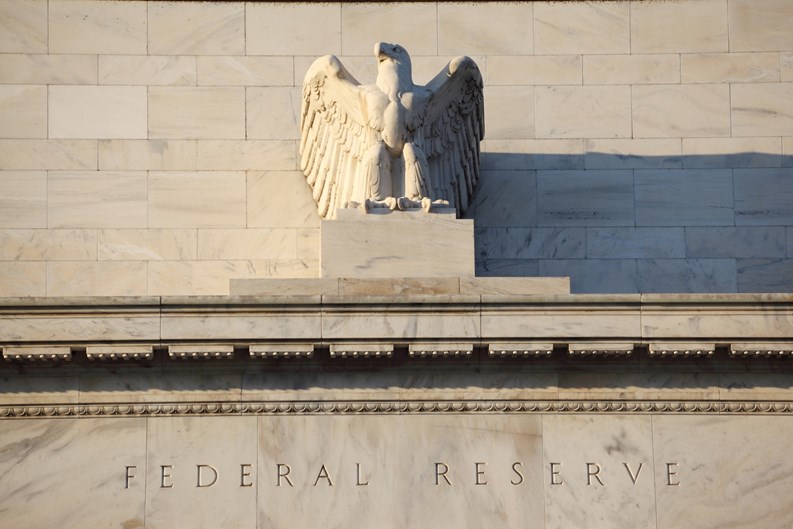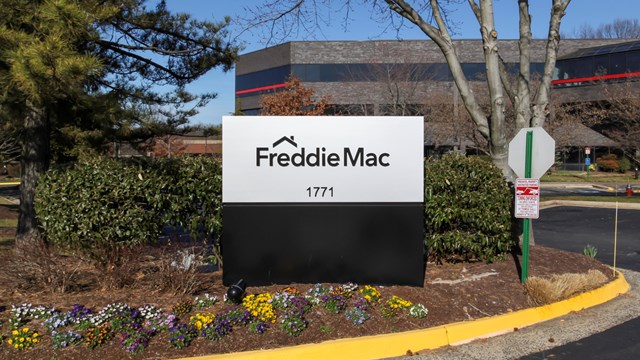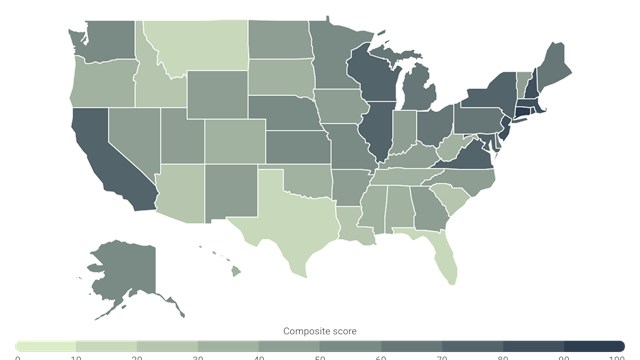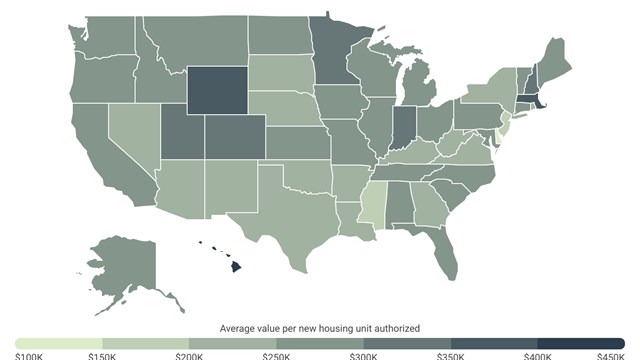On March 15, the Federal Reserve raised its benchmark rate to a range between 0.75 percent and 1 percent, The New York Times reported. That rate is known as the federal funds rate, which is defined as the interest rate at which depository institutions (banks and credit unions) lend reserve balances to other depository institutions overnight on a non-collateralized basis.
So does the Fed's recent rate hike affect the co-op or condo owner? While the increase has no immediate and direct effect on co-op or condo loans, it does influence the environment in which lending and other decisions are made.
The Impact on Mortgages
According to Consumer Reports, “the Fed's interest-rate hike doesn't directly affect mortgage rates, it influences other factors—such as the 10-year Treasury bond—that do affect mortgages.” This was the third time the Fed has inched up the federal funds rate since the end of 2015. The Times observed that with this type of rate hike, “people with credit card debt are likely to see an immediate increase of about a quarter percentage point in their interest rates. The effect on longer-term loans is less direct, but the average rate on a 30-year mortgage rose by half a percentage point over the last year.”
That increase is viewed as a direct result of the Fed’s two previous increases in the Federal Funds Rate since 2015. The prudent advice is that if you plan or need to refinance your co-op or condo mortgage or your building’s underlying permanent mortgage; or if you have a variable rate mortgage--begin the process now because long term rates are expected to rise.
Ripple Effect
As noted, the surest and quickest result of Federal Reserve rate increases on consumers is on credit card and other variable rate debt, which could include credit lines, second mortgages, and personal loans. If you or your building has such loans and the rates rise, your monthly payments will increase or your maintenance may go up as a result of increases in secondary mortgage debt service on your co-op building.
Greg Zammit, senior vice president at real estate firm Brown Harris Stevens Residential Management in New York, says, “There will be increased borrowing costs if a co-op taps into a line of credit for an emergency repair. We are not yet seeing a commensurate increase in money market accounts in which reserve funds are kept. We are seeing a slight increase in CD rates.”
Another ripple effect of these rate increases, and the resulting increases in monthly carrying costs to consumers, is in the financial profiles of buyers and refinancers. If you are currently seeking to buy a co-op, and your monthly carrying costs are increasing due to higher rates, co-op boards may be more careful about approvals. Every dollar less you have to cushion the costs of ownership can negatively affect your financial picture. Thus, make sure to check debt-to-net worth requirements as a prospective purchaser. The same goes for refinancing--make sure your ratios are within your co-op’s requirements.
“There is no cause for panic,” says Jayson Prisand, CPA, and a partner at Prisand, Mellina & Unterlack, an accounting firm located in Plainview, New York. He advises his co-op and condo clients that, “It is something to monitor but there is no need to do anything in the short term.”
A.J. Sidransky is a novelist and a staff writer for The Cooperator and other publications.










Leave a Comment